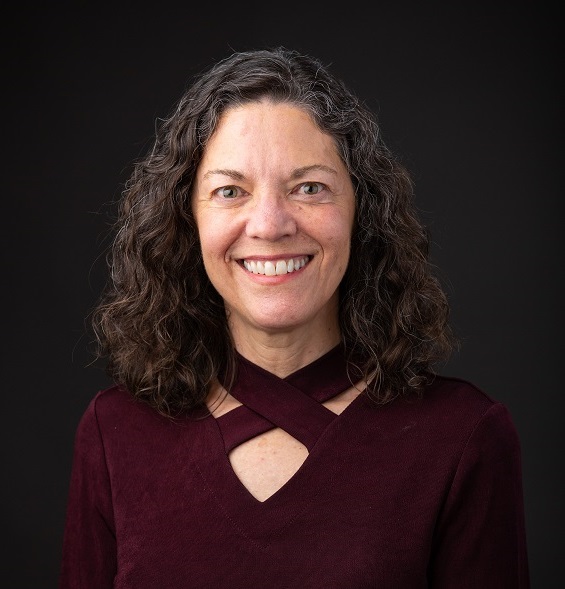The JIOA Special Issue on Sexual Harassment & Discrimination (Part 1) Has Been Published!
By Shereen Bingham
Professor Emeritus and former Ombuds, University of Nebraska at Omaha
Have you ever observed an individual enter an Ombuds office–perhaps your own–exuding feelings such as uncertainty, anxiety, fear, or despair? And then watched them take leave of that office some 90 minutes later radiating a degree of comfort, hope, or resolve? I have. Countless Ombuds colleagues have described similar experiences with visitors. But how does it happen? What exactly does Ombuds work entail?
Contrary to what our T-shirts may claim, we all know Ombuds are not really superheroes with supernatural powers. But Ombuds do have an air of mystery about them. How could it be otherwise? The IOA Standards of Practice guide Ombuds to operate confidentially, independently, and off-the-record. Details of Ombuds’ methods and interactions are inherently private and hidden from view.
Answering questions about the “how” of Ombuds work, and communicating those answers publicly, is never more important than in cases involving sexual harassment and discrimination. However, despite long-term, determined efforts to provide convincing answers, the Ombuds role in such cases is still questioned, misunderstood, and challenged. Renewed efforts are needed to establish and clarify the role and value of the Organizational Ombuds in these types of cases.
Enter the JIOA! The Journal of the IOA has just published part one of a special issue on sexual harassment and discrimination, now available on the IOA website: "JIOA 2021 Articles, Issue 2 | Special Issue on Sexual Harassment and Discrimination". In part one, you will learn from 12 experienced Ombuds who share true stories providing the details of how they handled specific sexual harassment cases, including why they approached the cases as they did, challenges they encountered, and lessons learned. The authors protect the identities of their visitors and organizations by remaining anonymous and omitting/modifying unnecessary details. As guest editor of the special issue (part one), I hope the authors’ narratives will promote understanding and meaningful discussion, both within and beyond the profession, about the nature and value of Ombuds work.
For those who are attracted to research opportunities, don’t miss the upcoming JIOA’s call for papers for part two of the special issue. In part two, researchers from all backgrounds and disciplines are invited to analyze the 12 narratives in part one and submit a research paper for publication in the journal.
